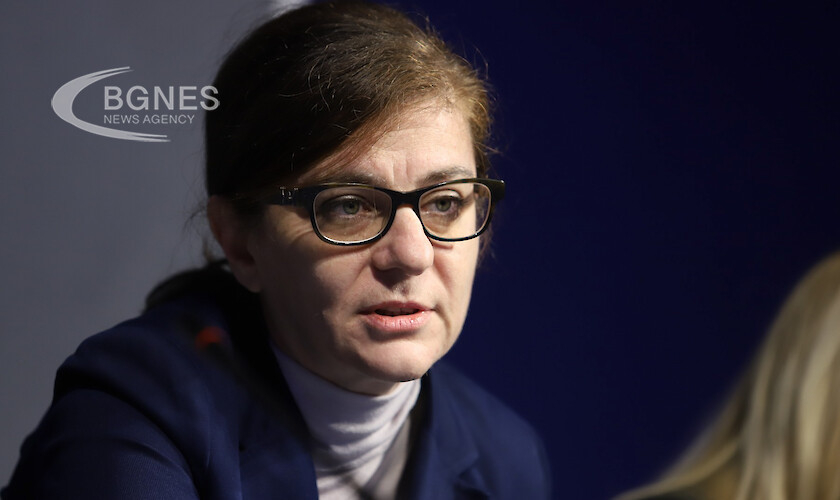Foreign Minister Teodora Genchovska on the hot topics of Bulgaria’s foreign policy
Bulgaria’s position on Ukraine is consistent and clear, says Minister of Foreign Affairs Teodora Genchovska in an interview for Radio Bulgaria. Alongside the support for Ukraine’s European and Euro-Atlantic path, Bulgaria is also adamant that the Minsk peace agreement must be implemented comprehensively. The meeting with Ukraine’s Foreign Minister Dmytro Kuleba, scheduled for 21 February within the frameworks of the Foreign Affairs Council in Brussels, as well as the planned joint visit by the EU foreign ministers in Kiev are also a show of support.

Asked whether there exists a real risk to security in the region, Minister Genchovska answers:
“The Ukraine crisis is of direct significance to our national security. At this time the Russian side has taken no steps to reduce the tension along the borders with Ukraine and in the Black Sea region. This is an indication of serious risks and challenges to security. Reinforcing NATO’s eastern flank is a priority for us and for our NATO and EU allies. Russia’s demand that NATO halt any further enlargement to the East is unacceptable. Every country has a sovereign right to decide its own future. We remain open to dialogue with Russia, but without making any compromises with our values and principles. We all hope that common sense will prevail.”
As to the other hot topic in foreign policy – bilateral relations with North Macedonia and its European perspective, Minister Genchovska is adamant that Bulgaria will insist on the comprehensive implementation of the 2017 goodneighbour agreement:
“This country will continue to support the legitimate demand by Bulgarians in North Macedonia to be included in its constitution, on a par with the other peoples. We also insist on progress being made in the work of the joint commission on historical and educational issues, on drawing up a calendar for the joint celebration of figures from our joint history, something on which agreement has already been reached (Samuil, Saints Cyril and Methodius, Saint Kliment, St. Naum). We shall insist that the start be given to the process of updating the curriculum in the Republic of North Macedonia, and also – on the exculpation of the people persecuted for identifying as Bulgarian during the Yugoslav communist regime.”
As to the policy towards the Bulgarian communities in the world – one more important focus in the work of the Foreign Ministry, one of the priorities will be the State Agency for Bulgarians Abroad. Once it is transferred under the authority of the Ministry of Foreign Affairs, it has to take on its proper function, i.e. to work for the benefit and at the service of the Bulgarian diaspora. Minister Teodora Genchovska also laid emphasis on the role of Radio Bulgaria in the overall media policy of the country:
“I would like to thank Radio Bulgaria’s staff who have been making an invaluable contribution to building the image of Bulgaria in the world for 85 years, and have been keeping up an active communication with the Bulgarian communities abroad, something that is extremely important to is. We shall continue to support you in your efforts. And I feel sure that Radio Bulgaria’s role and mission will find its rightful place in the new media law. /BGNES




